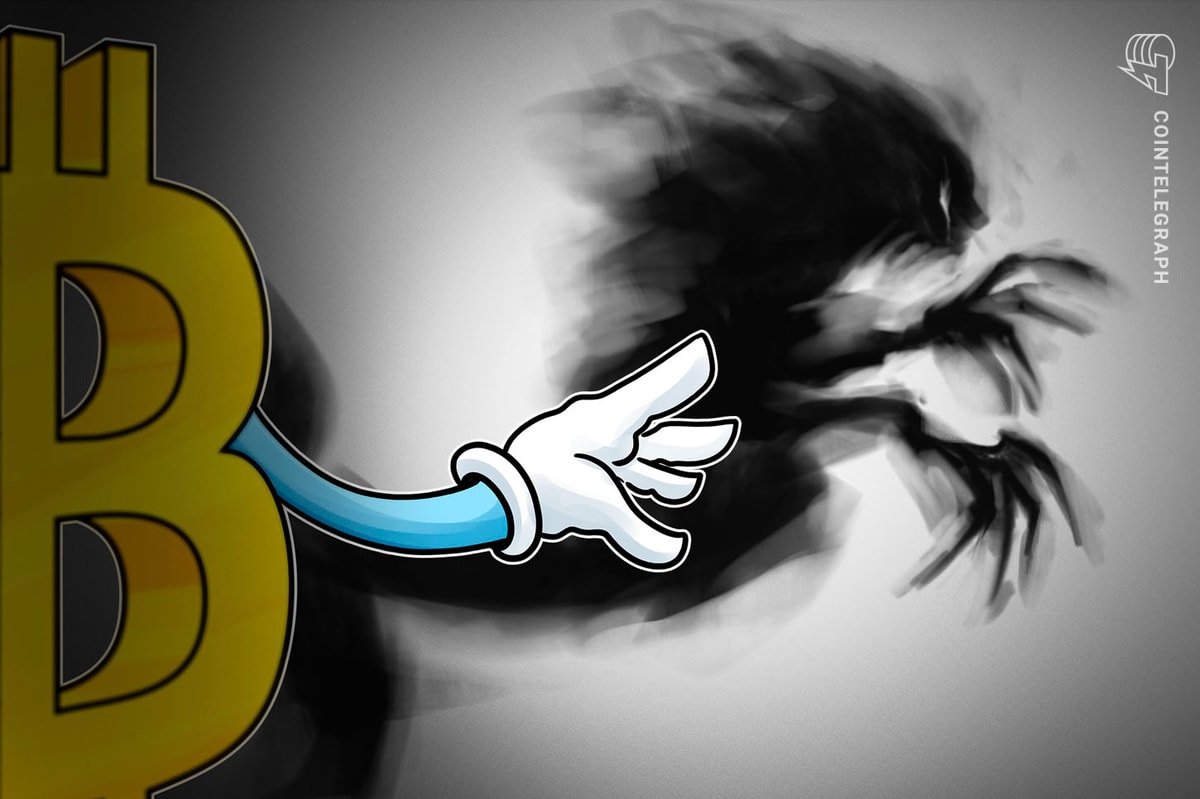D.C. Council mulls redirecting baseball stadium proceeds
3 min read

As D.C. and Virginia vie to be the location for professional hockey and basketball teams, the D.C. Council Chairman on Tuesday proposed a new fund that would siphon extra money not used for ongoing debt service into maintenance requests for National’s Park, home of the city’s professional baseball team.
The Ballpark Budget and Maintenance Amendment Act of 2023 would establish a Ballpark Maintenance Fund supported by the existing Ballpark Revenue Fund. The terms of the proposal include that any BPR balance “remaining after bond defeasance is to be transferred into this new fund.” In the past, the additional revenue has been channeled into the city’s general fund to balance the budget.
“We are thrilled for the future of Nationals Ballpark in the District,” said Phil Mendelson, D.C. Council chairman. “With this recommitment, the revitalization of our stadium can continue to be a staple in the Capitol Riverfront neighborhood. The District owns this stadium and we must keep it in good repair and up to date. This bill also prioritizes paying off existing stadium debt.”
DC City Council
The BPR is financed through ballpark sales taxes and rent paid from leasing the park.
The proposal requires that Events DC, which serves as the sports and entertainment authority for the District, can’t use BPR funds to pay for items that include a new scoreboard, until the debt is serviced, while also forbidding the fund from backing additional bonds.
D.C’.s latest disclosure as of Sept. 30, 2023, shows that $534.8 million of stadium bonds were originally issued in 2006. About $174 million remains outstanding with a projected pay-off scheduled for 2036.
In 2021,
“The upgrade of the ballpark fee bonds reflects improved resilience of the structure,” Fitch said at that time. “Annual debt service has been declining as the District has routinely chosen to use a portion of excess pledged revenues to redeem bonds prior to maturity.”
Some local observers see the funding proposal as a way of shoring up Washington’s relationships with its professional sports franchises.
The new facility would host the National Hockey League’s, Washington Capitals and the NBA’s Washington Wizards, pulling both teams out of their current home in the Chinatown neighborhood in D.C.
At the same time the District was offering Monumental Sports and Entertainment, the owners of the Capitals and the Wizards, $500 million in public financing toward rehabbing the 26-year-old Capital One arena and extending the lease until the end of 2052. The proposed moves and countermoves attracted flak from multiple sides, which the baseball stadium machinations are trying to avoid.
“It is important to note this legislation is entirely self-funded,” said Mendelson. “It has no fiscal impact, requires no borrowing, and no general fund revenue is being used for this maintenance. Not only are we providing a stable future for the ballpark and its team, but the ongoing upkeep will be paid entirely by the stadium and its fans.”







